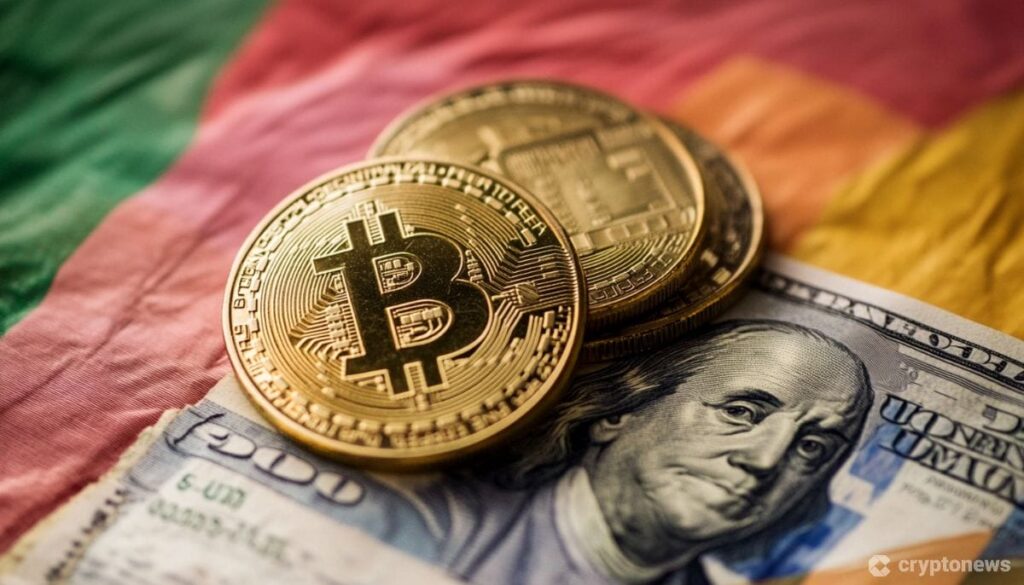Bolivia’s Banco Bisa launched a USDT custody service, enabling clients to hold, transfer, and make international payments with the stablecoin.

Banco Bisa has officially initiated a custody service for virtual assets, particularly the Tether stablecoin USDT, per a local media outlet, El Deber reported. Banco Bisa’s custody service allows clients to transmit funds and make payments abroad using the stablecoin and to hold funds in USDT.
Franco Urquidi, the Vice President of Business at Banco Bisa, stated that all USDT transactions must be conducted to and from an account enrolled at Banco Bisa to ensure the holders’ security.
He underscored the necessity of offering Bolivians a more comprehensive education on the utilization of digital assets. The bank has partnered with international custodians and crypto exchanges to guarantee security. Additionally, the organization has implemented additional measures to enhance data protection and prevent illicit activities.
“Our clients go through a rigorous verification process, which gives them peace of mind that their transactions are carried out through secure and reliable channels,” said Urquidi.
Additionally, the bank provides USDT with a minimum of 200 USDT and a daily limit of 10,000 USDT. The bank imposes a service fee of 35 BOB to 100 BOB, equivalent to $4.90 to $14.00, depending on the quantity, for transactions conducted in USDT.
In the interim, clients who wish to transfer funds from USDT to dollar accounts located abroad incur a fee of 280 BOB ($39.20).
Yvette Espinoza, a representative from Bolivia’s financial regulator, Autoridad de Supervisión del Sistema Financiero, authorized the bank’s crypto custody offering. She asserted that the service enables clients to conduct crypto transactions in compliance with Bolivia’s regulatory framework.
“This is a custody service that will allow clients to carry out various operations safely, reducing the risk of unsafe interactions in the cryptocurrency market,” said Espinoza.
Bolivia prohibited using cryptocurrencies in 2014, explicitly stating that Bitcoin was unlawful in the country. The regulators prohibited all currencies that were not issued or regulated by the Bolivian government.
Nevertheless, Bolivia lifted the prohibition on BTC and other forms of crypto on June 28, which allowed financial institutions to provide services related to digital assets.
